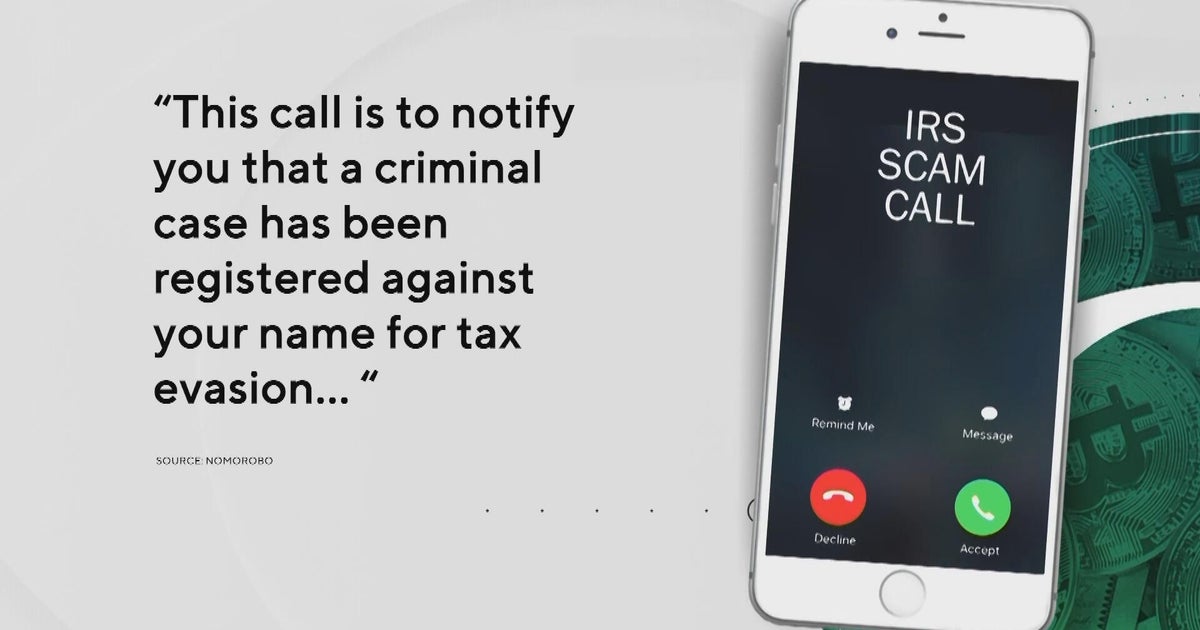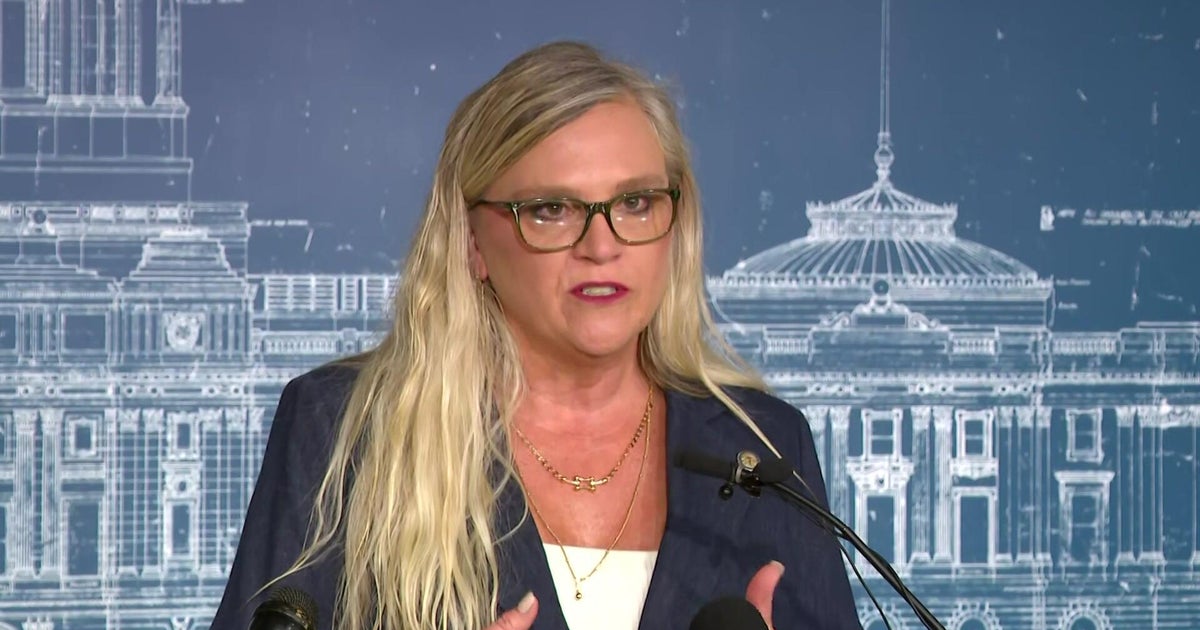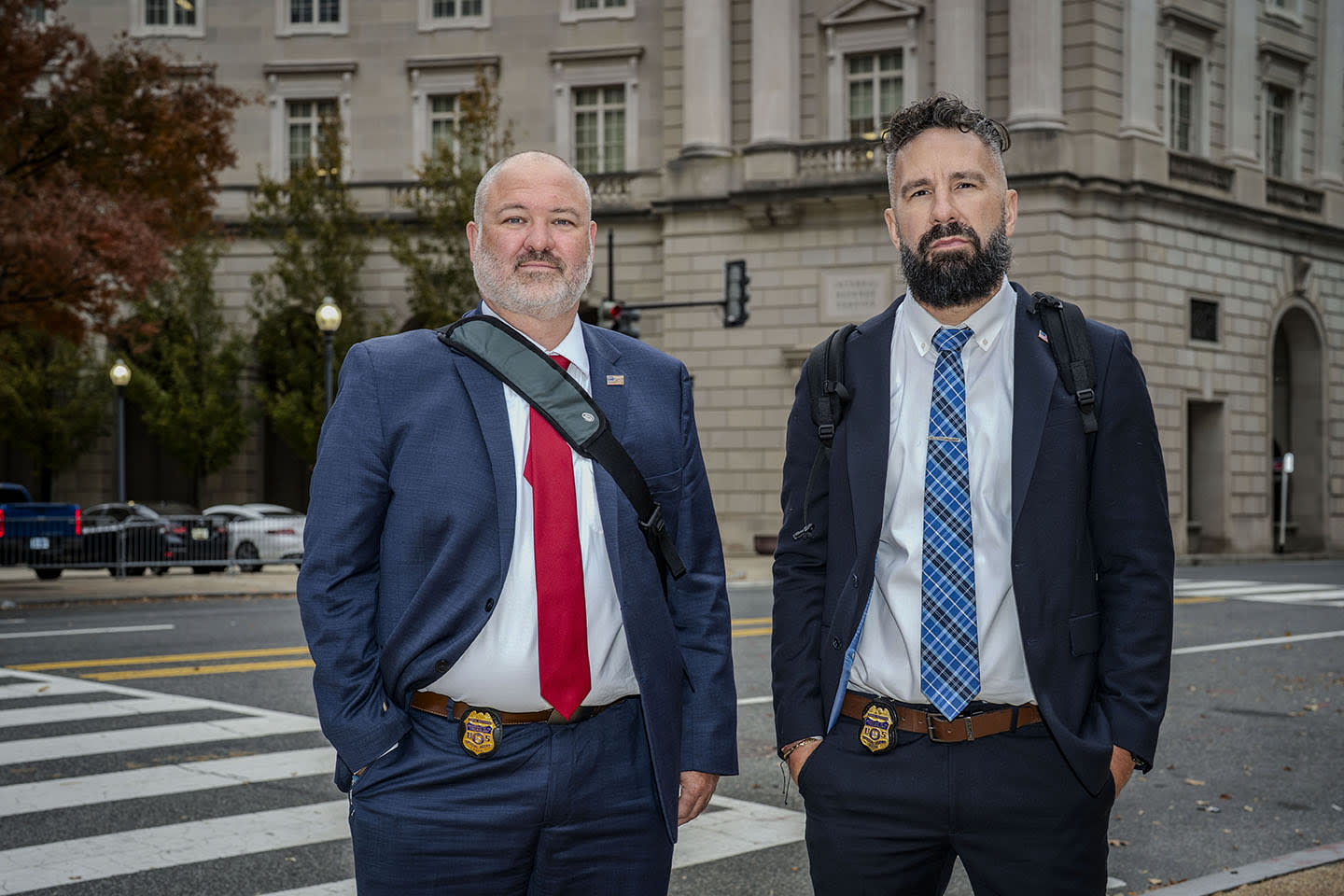IRS will be ready to start sending monthly child tax credit payments in July, commissioner says
Checks headed to families eligible for the child tax credit are on track to go out starting in July. The Internal Revenue Service commissioner confirmed the agency expects to launch its portal for the credit on July 1, despite concerns about the challenges the IRS would face implementing a program so quickly after the passage of the American Rescue Plan.
As part of the COVID relief package signed into law by President Joe Biden in March, the child tax credit was increased for one year with children ages 6 to 17 eligible for a $3,000 credit and children under 6 getting $3,600. The legislation also makes the benefit fully refundable and expands it to low-income families. For the first time, it also shifted half of the credit to advanced direct payments which the IRS was assigned to distribute starting in July, a move that is expected to boost millions of children out of poverty.
Children younger than 6 would receive $300 a month in the second half of the year while kids 6 and older will receive $250 a month.
"We will launch by July 1 with the absolute best product we are able to put together," said Commissioner Charles Rettig during a hearing Tuesday before the Senate Finance Committee. However, he also acknowledged launching a new program poses challenges, stating "we will not risk our system." He said if changes to the timeline are necessary he would let lawmakers know.
Last month, the IRS commissioner warned House members that the checks might face delays as the agency works on the current tax filing season with the individual filing deadline pushed back to May 17.
Meanwhile, congressional Democrats are aiming to make the monthly payments permanent. This week, the White House press secretary would not say if the president was seeking to extend the program or make it permanent, saying during a briefing she had nothing to preview on the president's expected American Families Plan. But during remarks Tuesday, President Joe Biden suggested that was his goal.
"We reduced child poverty, and we reduced poverty in Black communities significantly, just by that act alone," Biden said of the American Rescue Plan. "One of my objectives there is — overall objective — is to make those changes permanent."
Questions still remain about how to pay for a permanent expansion. At the same time, officials face the challenge of making sure low-income families are aware of the program and given the necessary information to participate this summer.
"Millions of families who are deserving of these new Child Tax Credits are not on the IRS's radar screen because they don't file income tax returns, and so much like the beneficiaries of the economic stimulus checks, it's really critical that there be an education component to this," said Deacon Jim Shanahan of Catholic Charities of the Archdiocese of Washington, an organization which provides pro-bono financial services to low and moderate income individuals.
"I think we all need to work together to get that messaging out there because this will truly lift these children out of poverty," Shanahan said. He noted there are 20,000 families in DC alone leaving an average $2,000 a year "on the table" because organizations can't reach them to make sure they're aware of benefit eligibility.
During his testimony on Tuesday, Rettig said that eligible individuals who do not have broadband access to participate will have to work with the IRS using the mail system or visit an IRS office when the portal launches.
Under the American Rescue Plan, individuals making $75,000, single parents filing as heads of households making up to $112,500 and married couples filing jointly making up to $150,000 a year are all eligible for their children to receive the full expanded child tax credits.



